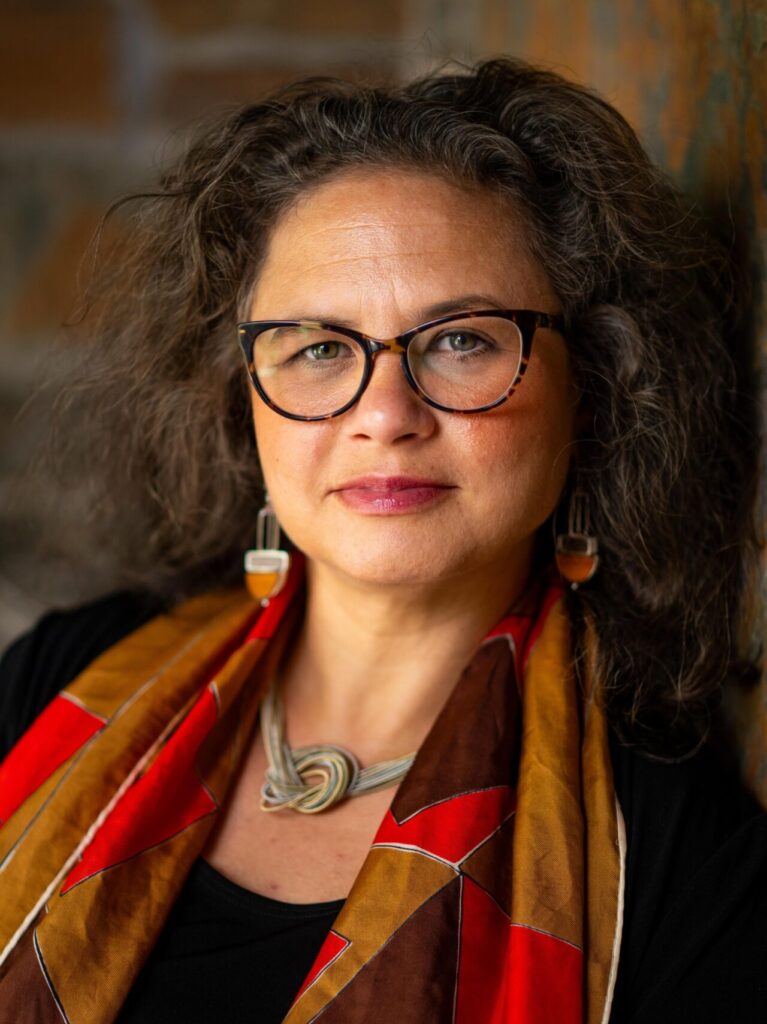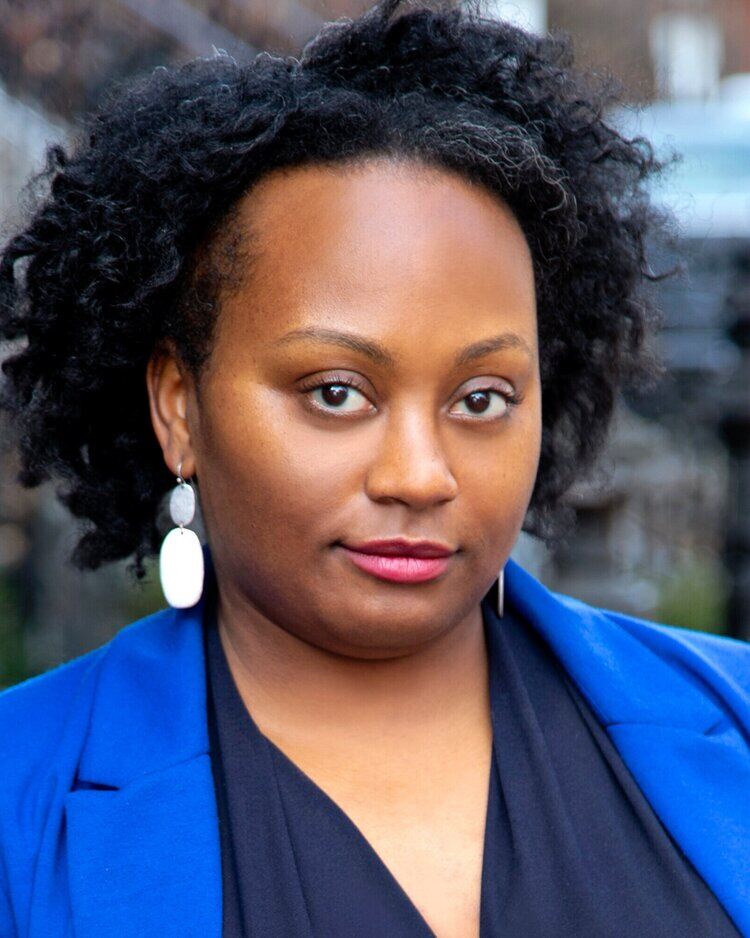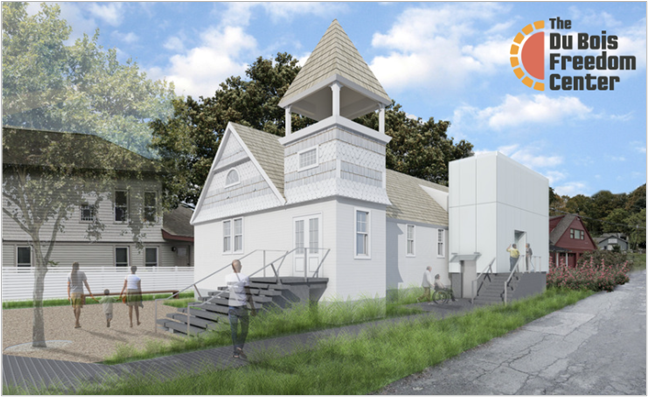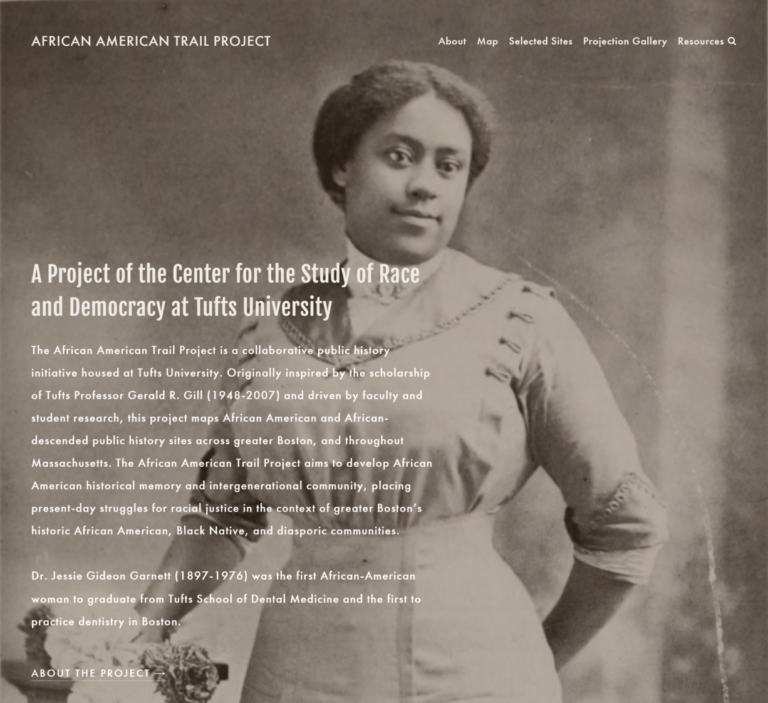W.E.B. Du Bois helped to lay the foundation for today’s Black intellectual and artistic traditions. One of Du Bois’s lifelong dreams was to bring together scholars, writers, and artists of color, and to institutionalize support for their individual and collective work. In addition to scouting land for a possible retreat center in the Berkshires and his participation in the renowned Pan African Congresses, Du Bois convened groups of Black scholars and writers at Troutbeck, the Spingarn estate in nearby Amenia, New York.
Drawing upon this century-old foundation, the Du Bois Forum shapes the future of Black intellectual and artistic traditions. The forum serves as an incubator for scholarly and creative projects; a communal space for individual and collaborative ventures; and a meeting and resting place for writers, scholars, and artists engaged in this work. In this way, the Forum aims to support Black thought, creative production, and social change.
The Du Bois Forum is pleased to announce its third annual gathering, set to take place on July 19-20, 2024. Founded by historians Dr. Kerri Greenidge and Dr. Kendra Field of Tufts University, along with Du Bois’ Pulitzer Prize-winning biographer Dr. David Levering Lewis, The Du Bois Forum serves as a retreat for writers, scholars, and artists engaged in the Black intellectual and artistic traditions. Since its inception in 2022, the Forum has aimed to support creative production and social change.
Co-founders Field and Greenidge emphasize the significance of the Du Bois Forum in fostering these traditions. “The Du Bois Forum aims to shape the future of Black intellectual and artistic traditions, serving as an incubator, a meeting place, and a resting place for scholars, writers, and artists,” said Field. Greenidge added, “The role of New England in cultivating a Black intellectual tradition is significant. My work as a historian and as a scholar has been interested in the stories of Black communities in places where we don’t often think of them as existing—in places that we’ve identified as being an all-white space—and understanding Blackness being everywhere.”
The Du Bois Forum events are made possible through the support of Tufts University and the Mellon Foundation, and in partnership with Great Barrington’s Du Bois Freedom Center, Jacob’s Pillow, Kripalu, and Troutbeck. This year, the Forum is thrilled to welcome four new university partners, including Harvard University’s Institute on Policing, Incarceration, & Public Safety at the Hutchins Center, Johns Hopkins University’s Center for Africana Studies, Boston University, and Williams College.
Dr. Kendra Taira Field is Associate Professor of History and Director of the Center for the Study of Race and Democracy at Tufts University. Field is the author of “Growing Up with the Country: Family, Race, and Nation after the Civil War” (Yale, 2018). Her current book project, The Stories We Tell (W.W. Norton), is a history of African American genealogy and storytelling from the Middle Passage to the present, and winner of a 2023 Whiting Creative Nonfiction Grant. She is co-author, with Dr. Kerri Greenidge, of the forthcoming Black Atlas (W.W. Norton). Field abridged David Levering Lewis’ “W.E.B. Du Bois: A Biography” (Henry Holt, 2009), and her scholarly articles have appeared in the Journal of American History, the Journal of African American History, Southern Cultures, and the American Historical Review. Field has been awarded numerous grants and fellowships from the Ford Foundation and the Andrew W. Mellon Foundation, among others, and is the recipient of the 2022 NAACP W.E.B. Du Bois Award. As a public historian, Field co-founded the Boston-based African American Trail Project and the Du Bois Forum, a retreat for writers, scholars, and artists; served as project historian for the Du Bois Freedom Center; co-curated “We Who Believe In Freedom,” the inaugural exhibition of the National Women’s History Museum (2023-24); and serves as researcher for Mayor Wu’s initiative on the history and legacy of slavery in Boston; and chief historian for the 10 Million Names Project of the New England Historical Genealogical Society. Field received her Ph.D. in American History from New York University. She also holds a Masters in Public Policy from Harvard University’s Kennedy School of Government and a B.A. from Williams College. Before entering the academy, she worked in education and the non-profit sector in Boston and New York.




Dr. Kerri Greenidge is Associate Professor at Tufts University, where she also co-directs the African American Trail Project. She is the author of “Black Radical: The Life and Times of William Monroe Trotter” (2019). Listed by the New York Times as one of its top picks of 2019, the book is the first biography of Boston editor, William Monroe Trotter, written in nearly fifty years. The book received the Mark Lynton Prize in History, the Massachusetts Book Award, the J. Anthony Lukas Award, the Sperber Award from Fordham University, and the Peter J. Gomes Book Prize from the Massachusetts Historical Society. “Black Radical” was also short-listed for the Stone Book Award from the Museum of African American History, Boston, the Cundill History Prize, and the Plutarch Award for Best biography. Her most recent book, “The Grimkes: The Legacy of Slavery in An American Family” (2022) was listed as a best book of the year by The New York Times, The Wall Street Journal, and the Boston Globe, among other publications. Her writings have appeared in the Massachusetts Historical Review, the Radical History Review, the New Yorker, the Atlantic, and the Guardian.

The mission of the W.E.B. Du Bois Center for Freedom and Democracy is to educate the public about the life and legacy of civil rights pioneer W.E.B. Du Bois and the rich African American heritage of the Berkshires. Located at the former Clinton A.M.E. Zion Church in Great Barrington, where he was born and raised, this vibrant center of Black thought and remembrance constitutes the first museum and living memorial in North America dedicated to Du Bois’ life and legacy.
